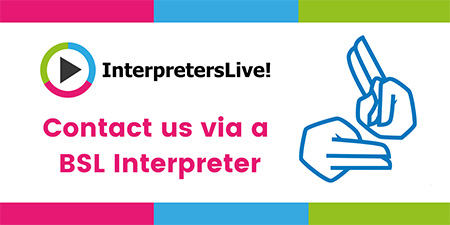Is your business brave enough to talk about equal pay?
Have you ever really thought about how transparent your business is when it comes to equal pay and salary equality? Is it something you’ve considered including in your employer value proposition or on your careers page?
If not, now is the time to update your website.
Because pay transparency, fair reward, and inclusive benefits are no longer just “nice to have” extras. They are central to how candidates evaluate your credibility as an employer. And they are a core part of building trust with the very people your DE&I strategy is trying to attract and retain.
The pay gap is still very real
According to gender, ethnicity, disability, LGBTQ+ and class pay gap reports, thousands of employees in the UK effectively stop being paid from mid-November.
Think about that. From that point onwards, many people are essentially working for free compared to their peers – simply because of who they are.
These are the same people you’re hoping to engage with through your inclusive recruitment strategies, your marketing campaigns, your employee brand work. So if you care about inclusion, you have to care about pay equality.
Your website is one of the first places candidates will look – Transparency matters. When a candidate lands on your careers page or EVP hub, they’re not just looking for perks. They’re looking for signs that your business is ethical, fair, and serious about equity.
Including your approach to equal pay, bonuses, benefits, and pay gap reporting is one of the most powerful ways to demonstrate that commitment. It also shows that your business understands inclusion goes far beyond values statements or lunch and learns. It’s about action.
What to include on your Equal Pay, Bonus and Benefits page
If you want to lead with integrity and show your commitment to salary equality, here’s what I recommend including on your website or EVP:
-
- Clear pay gap data, even if you’re not legally required to publish it
- Examples of how you’ve achieved pay parity across different levels
- Your internal promotions policy and how it supports fair progression
- A detailed breakdown of your inclusive employee benefits
- Your public commitment to campaigns like #EndSalaryHistory
- A statement of intent, if you’re not quite there yet, outlining the steps you’re taking this year to make progress
Remember, this isn’t just about celebration. It’s about honesty. If you still have work to do, say so. Candidates don’t expect perfection – they expect transparency and effort.
Why this matters more than ever
More and more candidates are questioning pay fairness. They’re checking Glassdoor, talking to peers, and asking direct questions in interviews.
And in a climate where trust in employers can be fragile, your openness about pay is an opportunity to show that you’re not afraid to have the difficult conversations. It’s also one of the clearest ways to stand out from competitors who are still keeping their data buried.
Final thoughts
If you want to be taken seriously as an inclusive, equitable employer, you need to make your stance on equal pay visible. Not just to tick a box, but to show the people you want to attract that you care about what matters to them.
So, are you brave enough to do this? Because creating transparency around pay and progression is not just good DE&I – it’s good leadership.
Want help bringing this to life on your website? – I help recruitment teams, HR leaders, and employer brand specialists build inclusive, transparent EVP content that shows rather than tells. If you’re ready to make your pay policies public in a way that builds trust, let’s chat.


